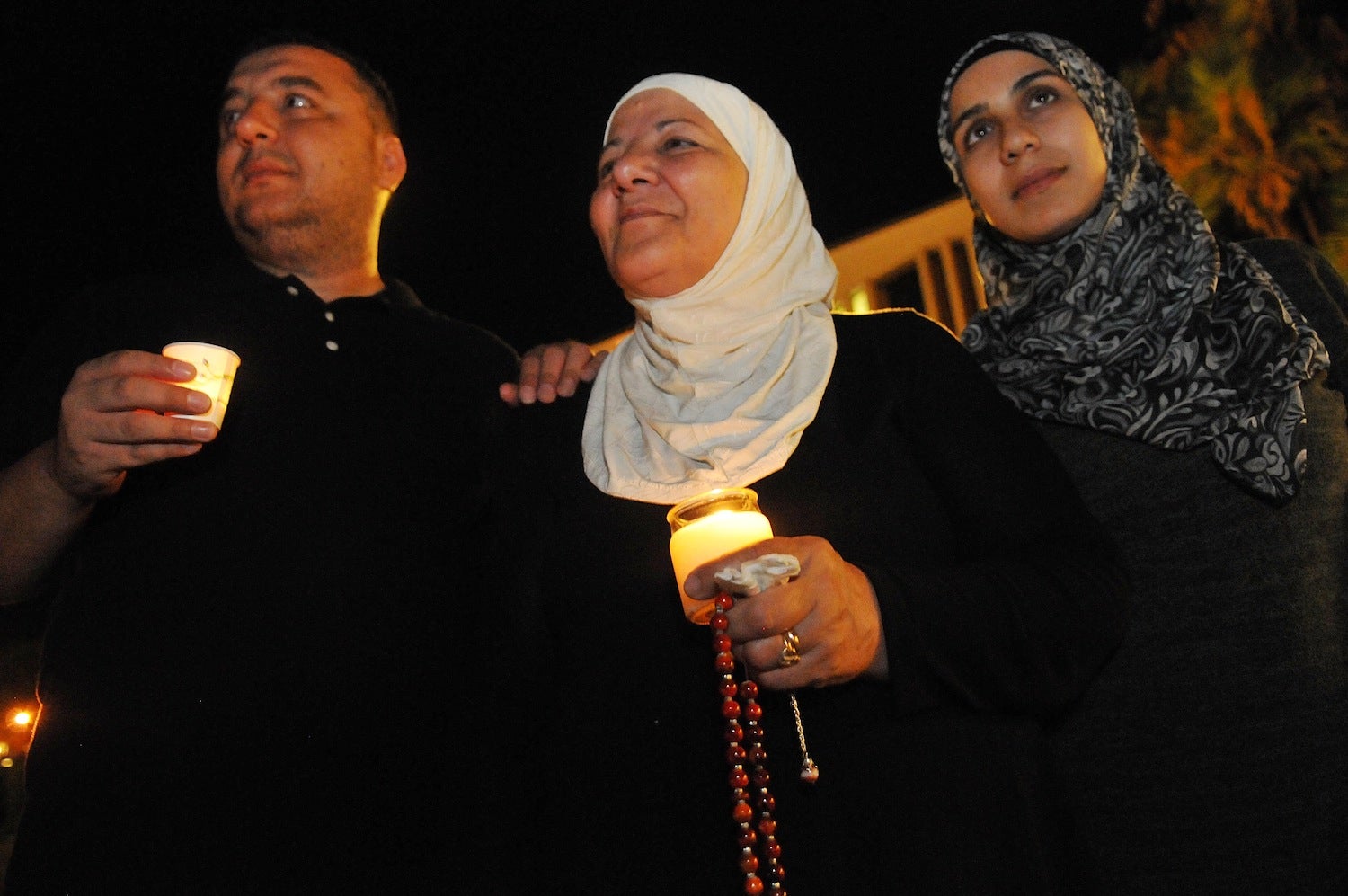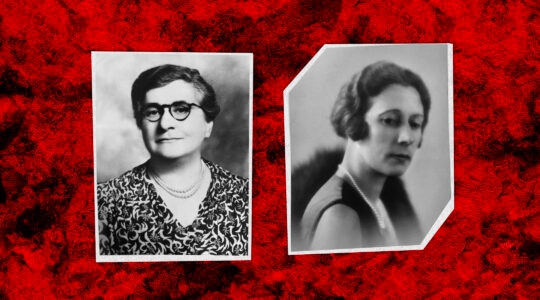When I heard the news that American journalist Steven Sotloff had been beheaded by the radical jihadist group ISIS, I immediately began checking the Internet to find out more about his Jewish connections.
Two weeks earlier, after he appeared in the James Foley beheading video, JTA confirmed that he was Jewish, but decided not to report on his faith because of the danger it posed to him in the hands of his captors.
What I did not know then was that Sotloff’s online presence had been thoroughly purged of any mention of his connections to Judaism and Israel.
After Sotloff’s abduction in Syria in August 2013, over 150 of his friends scoured the Internet, including Facebook and Twitter, to remove every mention of his Jewishness and connections to Israel, Ynet reported Wednesday.
In addition, any articles he wrote for Israel-connected publications, including the Jerusalem Report, also were deleted from the Web.
Even his Facebook account was deleted, though today there are at least a half dozen Facebook pages, all established in the last 48 hours, that bear his name.
One thing that the friends discovered is that journalists are an OK bunch.
“We had two missions: To locate all of his friends worldwide — and he had many — and make sure they don’t talk to journalists. In addition, we had to convince journalists who were writing about him to cooperate with us and remove any connection between him and Israel or Judaism, so his ISIS kidnappers don’t find out his background,” an unnamed friend told Ynet.
“We found out journalists care, and they helped us protect Steven. The entire world was a part of our bond of silence,” he said.
Israel cared too. Israel’s Foreign Ministry did not release the news that Sotloff held dual U.S.-Israeli citizenship until after the video of his beheading had been authenticated.
And the American Jewish community, as well as the American press, cared. In the U.S., a group of Jewish officials and PR professionals, who worked alongside Sotloff’s friends, labored behind the scenes to make sure that no publications revealed anything about Sotloff’s Jewish or Israeli identity after ISIS revealed that it was holding him captive. Although there had been early slips by the New York Times and Orlando Sentinel, once the effort ramped up, Sotloff’s secret stayed safe.
“We were incredibly impressed and today we are incredibly heartened by the positive response we felt from all corners of the American media,” said one of the people involved in that effort. “Everyone rallied behind the notion that revealing this information, though it’s an incredibly important part of the story, could jeopardize a life.”
Sotloff, a grandson of Holocaust survivors who grew up in Miami, made aliyah in 2005 and studied foreign relations at the Interdisciplinary Center in Herzliya, a private college. He then began reporting from countries throughout the Middle East, returning to Israel for the 2013 Maccabiah Games.
Other journalists who had been held with Sotloff and then released confirmed that the ISIS captors were not aware of his connections to Judaism and Israel.
One former captive told the Hebrew daily Yediot Acharonot that Sotloff was able to fast last year on Yom Kippur without his captors knowing.
“He told them he was sick and did not want to eat, even though that day we were served eggs,” the fellow captive said. He added that Sotloff also was able to pray in a hidden manner and in the proscribed way facing Jerusalem by looking which way the Muslims prayed in order to determine the proper direction.
The decision to delete Sotloff’s online presence was one of the lessons learned from the kidnapping of Jewish-American reporter Daniel Pearl, who was killed by a member of Al-Qaida in Pakistan in 2002.
But now that Sotloff’s life is tragically over, his secret has been told, and his friends the world over can openly mourn the man — the Israeli, the Jew — that they knew, loved and tried so hard to protect.
JTA staff writer Anthony Weiss contributed to this article.
JTA has documented Jewish history in real-time for over a century. Keep our journalism strong by joining us in supporting independent, award-winning reporting.






